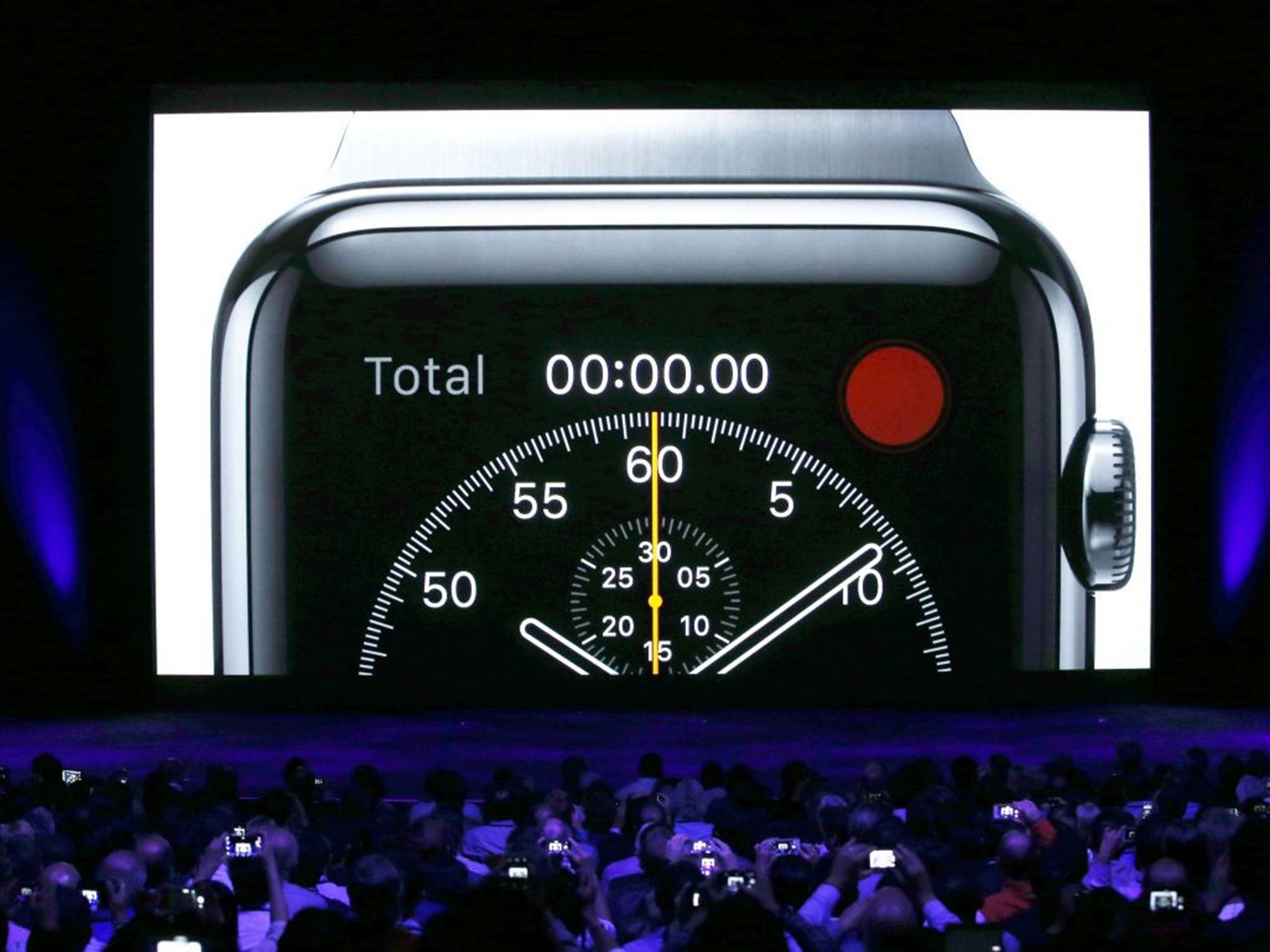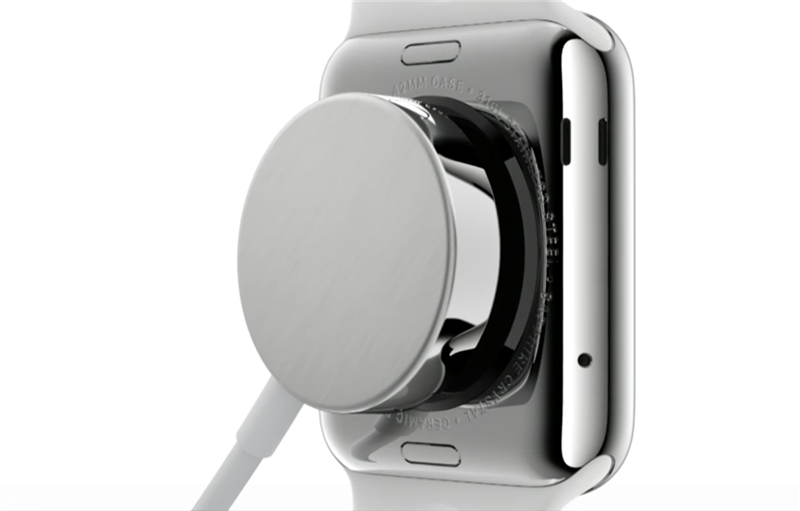Apple Watch battery: smartwatch will have to overcome charging worries
Delay in release has been partly due to trying to extend battery life and improve charging, according to recent reports

Your support helps us to tell the story
From reproductive rights to climate change to Big Tech, The Independent is on the ground when the story is developing. Whether it's investigating the financials of Elon Musk's pro-Trump PAC or producing our latest documentary, 'The A Word', which shines a light on the American women fighting for reproductive rights, we know how important it is to parse out the facts from the messaging.
At such a critical moment in US history, we need reporters on the ground. Your donation allows us to keep sending journalists to speak to both sides of the story.
The Independent is trusted by Americans across the entire political spectrum. And unlike many other quality news outlets, we choose not to lock Americans out of our reporting and analysis with paywalls. We believe quality journalism should be available to everyone, paid for by those who can afford it.
Your support makes all the difference.When the Apple Watch is launched on Monday, much of the reaction will be about what it can do. But those buying it are also likely to have another concern: how long can it do it for?
Battery technology has become an increasing concern in recent years. Batteries have got better and better, but smartphones have got more and more thin as manufacturers have opted to slim down batteries and keep them with roughly the same power.
Smartwatches have come in for the same criticism — the complaint that it doesn’t matter how clever the features are if they can’t be used because the battery’s dead — and it is one that is likely to be heard over and over again after the Apple Watch is launched on Monday.
It will likely need charging on a similar schedule to a smartphone — roughly once a day with normal use, but every few hours if it used heavily.
But the comparison might not make everyone happy. While people might have been used to longer charging periods with dumbphones than smartphones, they still needed charging once a week, against once every few years for some watches.
As with other smartwatches, Apple has ways of getting round the fact being used as a timepiece can take eat away at a batter quickly.
It will only turn on when it is lifted up to be looked at, preserving battery when it can’t be seen. And engineers have developed a mode known as Power Reserve, which allows the watch to switch off its other features and be used just as a clock, according to the New York Times.

When the watch runs out of battery, it will be charged using an inductive charging system similar to the one used in MagSafe chargers for MacBooks. That uses magnets to allow the charger to click onto the watch, and then transfers power using a magnetic field to create voltage.
The same technique has been used by some other smartwatches. Others are entirely wireless and just sit on a charging cradle, like the Moto 360, and still others use simple micro USB wires to plug in to the wall.
Join our commenting forum
Join thought-provoking conversations, follow other Independent readers and see their replies
Comments